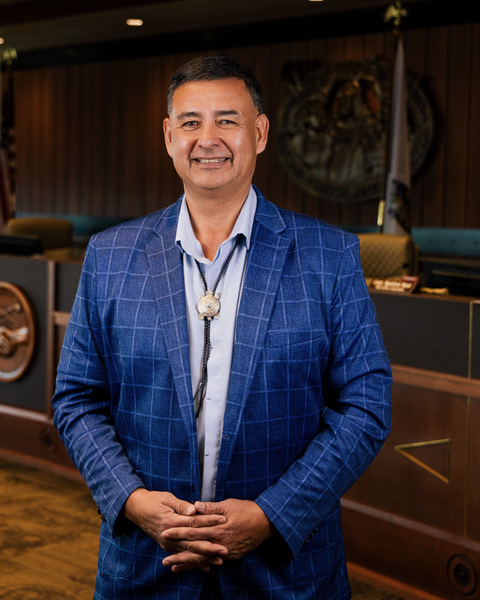Once again, N.D. lawmakers ponder the benefits, costs of annual sessions By Brayden Zenker NDNAEF BISMARCK – Sen. Brad Bekkedahl, R-Williston, drew a few nods from other senators recently when...
This content is for MHATimes Premium, MHATimes Annual, and MHATimes 1 Month members only.
Login Join Now
